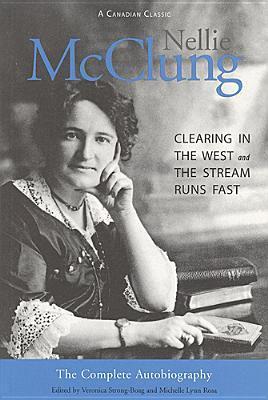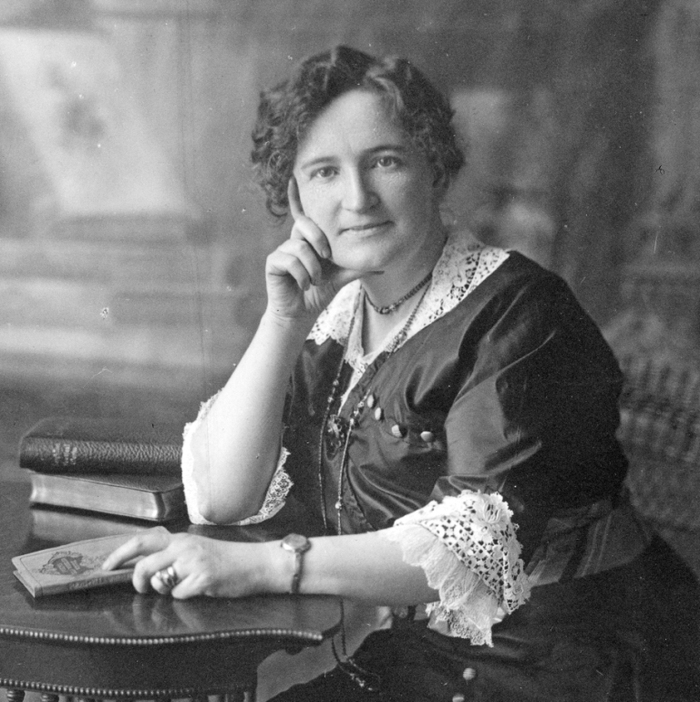
Nellie Letitia McClung (1873-1951) is recognized as a key figure in Canadian history as well as Canadian literature. Her two-volume autobiography provides a remarkable and very readable account of a truly extraordinary life. McClung is best known for her involvement in the 1929 "Person's Case," in which the British Privy Council ruled in favour of an appeal by the "Famous Five" against the judgement of the Supreme Court of Canada that women did not qualify legally as persons. McClung had, however, been a high profile figure, as a suffragist, politician, and writer, in Canadian politics and literature for many years and remained so well into the 1940s. Her autobiography provides unique insight into Canadian public affairs in the first half of the twentieth century. Equally interesting are McClung's accounts of her early days as a child, teacher, young wife and mother. With her fine eye for detail, she makes the Canada of her time come vividly alive for readers. Originally published in two volumes, McClung's autobiographies found a wide audience from their first publication in 1935 and 1945. They have never before been available in a single volume. For this re-issue Veronica Strong-Boag and Michelle Lynn Rosa have written a substantial introduction and added explanatory notes that illuminate the woman and the historical context for modern readers.
Author

Nellie McClung, born Nellie Letitia Mooney (20 October 1873 – 1 September 1951), was a Canadian feminist, politician, and social activist. She was a part of the social and moral reform movements prevalent in Western Canada in the early 1900s. In 1927, McClung and four other women: Henrietta Muir Edwards, Emily Murphy, Louise McKinney and Irene Parlby, who together came to be known as "The Famous Five" (also called "The Valiant Five")[citation needed], launched the "Persons Case," contending that women could be "qualified persons" eligible to sit in the Senate. The Supreme Court of Canada ruled that current law did not recognize them as such. However, the case was won upon appeal to the Judicial Committee of the British Privy Council—the court of last resort for Canada at that time. She published her first novel Sowing Seeds in Danny in 1908. A national bestseller, it was succeeded by short stories and articles in several Canadian and American magazines.